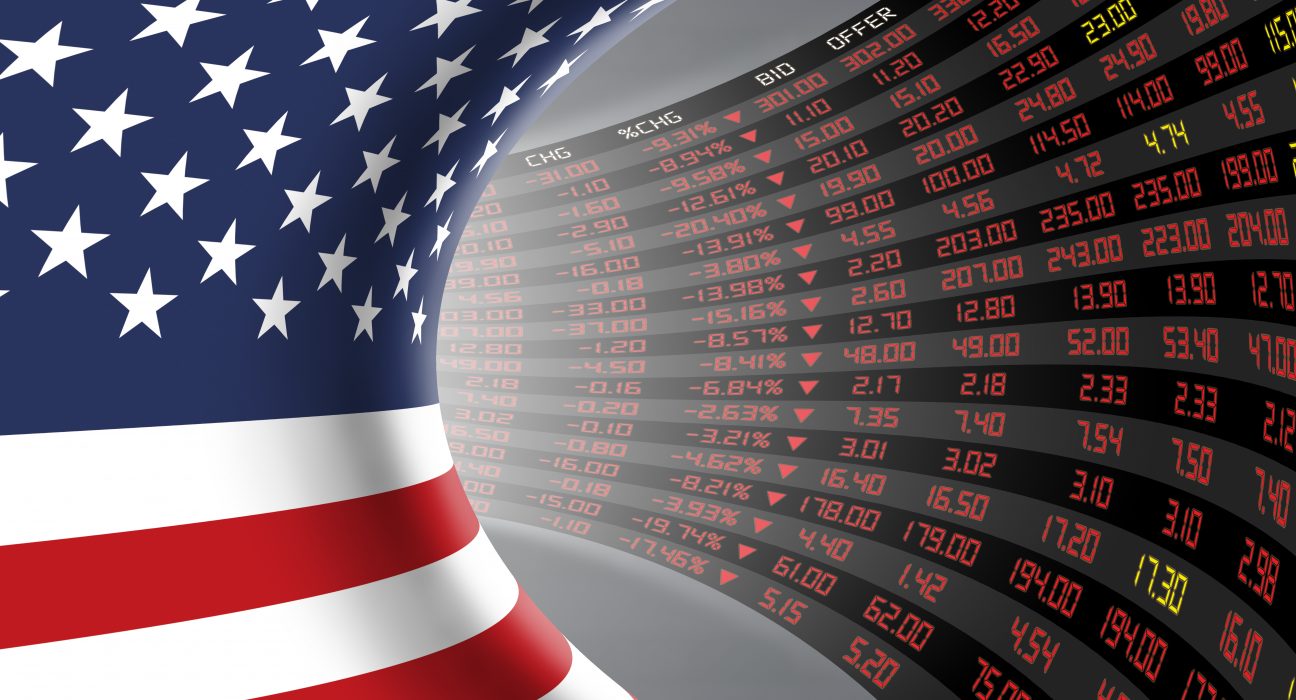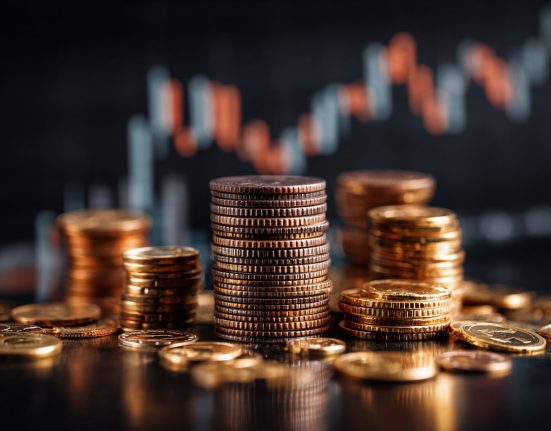The surprise US credit rating downgrade may trigger short-term volatility for the dollar
US stock futures plummeted after Fitch cut the country’s credit rating from AAA to AA+, citing “the expected fiscal deterioration over the next three years, a high and growing general government debt burden, and the erosion of governance” in comparison to peers. “The repeated debt-limit political standoffs and last-minute resolutions have eroded confidence in fiscal management,” Fitch said in the statement. According to Fitch, the US economy will enter a mild recession in Q4 2023 and Q1 2024 due to tighter credit conditions, decreasing business investment, and a slowdown in consumption.
The three major US index futures contracts were all down at least 0.2%. NASDAQ and Dow Jones Futures were down over 170 points while S&P 500 Futures was trading 30 points lower. There was recovery seen as the day progressed towards the opening bell timings. Markets have been responding negatively to mixed corporate earnings results, despite the fact that 82% of S&P 500 companies that have reported profits so far have recorded a positive surprise, according to FactSet.
The risk is for the pension funds who are mandated to hold AAA securities only. “S&P was responsible for the first-ever US debt downgrade to subprime in 2011. Subsequently, S&P was embroiled in an SEC investigation, which they eventually settled in 2013. Even back in 2011, political brinkmanship around the debt ceiling got everyone talking about a possible default, like now. Fast forward to 2023; currently, Moody’s is the only rating agency that still rates US Debt as prime, while S&P and Fitch rate it as subprime. This issue will be sold by large pension funds, which by law are required to own prime government bonds only,” says Abhishek Banerjee, Founder & CEO, Lotusdew Wealth and Investment Advisors, an investment advisory firm headquartered in Hyderabad, India.
According to Goldman Sachs, Fitch Ratings’ decision to reduce the United States’ sovereign rating to AA+ from AAA will have “little direct impact” on financial markets. The bank believes it is “unlikely” that significant Treasury securities holders will be forced to sell as a result of the rating adjustment.
The yield on the 10-year US Treasury note was about 4.03% on Wednesday, down from 4.05% the day before after Fitch’s surprise move caused a risk-off mentality in the markets. The bond market’s reaction was minimal, as economic data continued to speak to a generally strong economy. All attention will now be on Friday’s payroll report.
The Hang Seng fell 493.74 points, or 2.47%, to close at 19,517.38 on Wednesday, extending losses from the previous session and retreating from its highest level in nearly three months reached Monday, weighed down by a sharp drop in US futures following Fitch’s downgrade of the US credit rating, which drew an angry response from the White House.
Renewed tensions between Beijing and Taipei lowered sentiment as well, when Taiwan announced that officials had amassed evidence of criminal operations by “foreign forces, including China.” Meanwhile, concerns grew that China will not implement significant fiscal stimulus due to local governments’ high debt levels.
The surprise US credit rating downgrade will trigger short-term volatility for the dollar – but more importantly, will speed-up the long-term decline of the US and global reserve currency, warns the CEO of one of the world’s largest independent financial advisory and asset management companies. The warning from Nigel Green of deVere Group comes as rating agency Fitch downgraded the US government’s top credit rating on Tuesday to AA+ from AAA.
The FTSE 100 index fell about 1% to hover around 7,600, extending its slide from a two-month high reached on Monday and matching the strong loss in global equity markets as Fitch’s downgrading of the US credit rating impacted mood across Asia and Europe.







